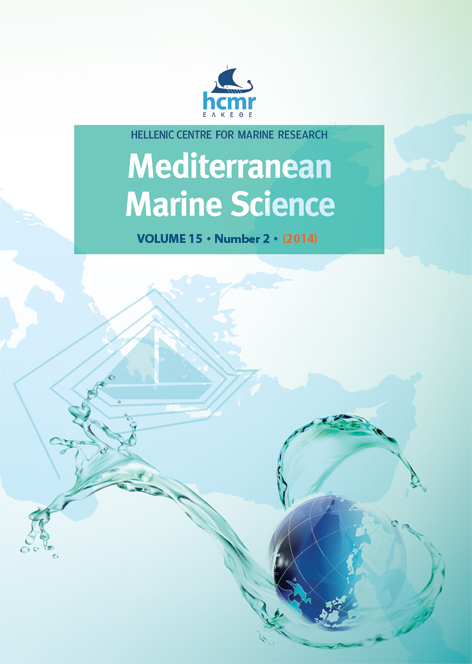New mitochondrial and nuclear primers for the Mediterranean marine bivalve Pinna nobilis

Abstract
Pinna nobilis is the largest endemic Mediterranean marine bivalve. During past centuries, various human activities led to the regression of its populations. As a consequence of stringent standards of protection, demographic expansions are currently reported in many sites. We designed a set of four mitochondrial- and two nuclear- specific PCR-primers with the aim to provide molecular tools to gather new insights into the genetic variability of this species. A total of 54 specimens were sampled from 25 Mediterranean localities in order to evaluate the level of polymorphism of these markers in P. nobilis. The most variable molecular markers identified were the mitochondrial Cytochrome c Oxidase subunit I (COI), NADH dehydrogenase subunit 3 (nad3), and 16S ribosomal DNA (16S). Positive results, in terms of good amplifications and scorable sequences, were also obtained in the co-generic Pinna rudis. The molecular markers identified in this study, and the PCR-protocols provided, represent a useful tool for future researches devoted to infer the genetic variability of P. nobilis populations thus allowing the development of effective conservation measures.
Article Details
- How to Cite
-
SANNA, D., DEDOLA, G., SCARPA, F., LAI, T., COSSU, P., CURINI-GALLETTI, M., FRANCALACCI, P., & CASU, M. (2014). New mitochondrial and nuclear primers for the Mediterranean marine bivalve Pinna nobilis. Mediterranean Marine Science, 15(2), 416–422. https://doi.org/10.12681/mms.459
- Issue
- Vol. 15 No. 2 (2014)
- Section
- Short Communication
Authors who publish with this journal agree to the following terms:
- Authors retain copyright and grant the journal right of first publication with the work simultaneously licensed under a Creative Commons Attribution Non-Commercial License that allows others to share the work with an acknowledgement of the work's authorship and initial publication in this journal.
- Authors are able to enter into separate, additional contractual arrangements for the non-exclusive distribution of the journal's published version of the work (e.g. post it to an institutional repository or publish it in a book), with an acknowledgement of its initial publication in this journal.
- Authors are permitted and encouraged to post their work online (preferably in institutional repositories or on their website) prior to and during the submission process, as it can lead to productive exchanges, as well as earlier and greater citation of published work (See The Effect of Open Access).




